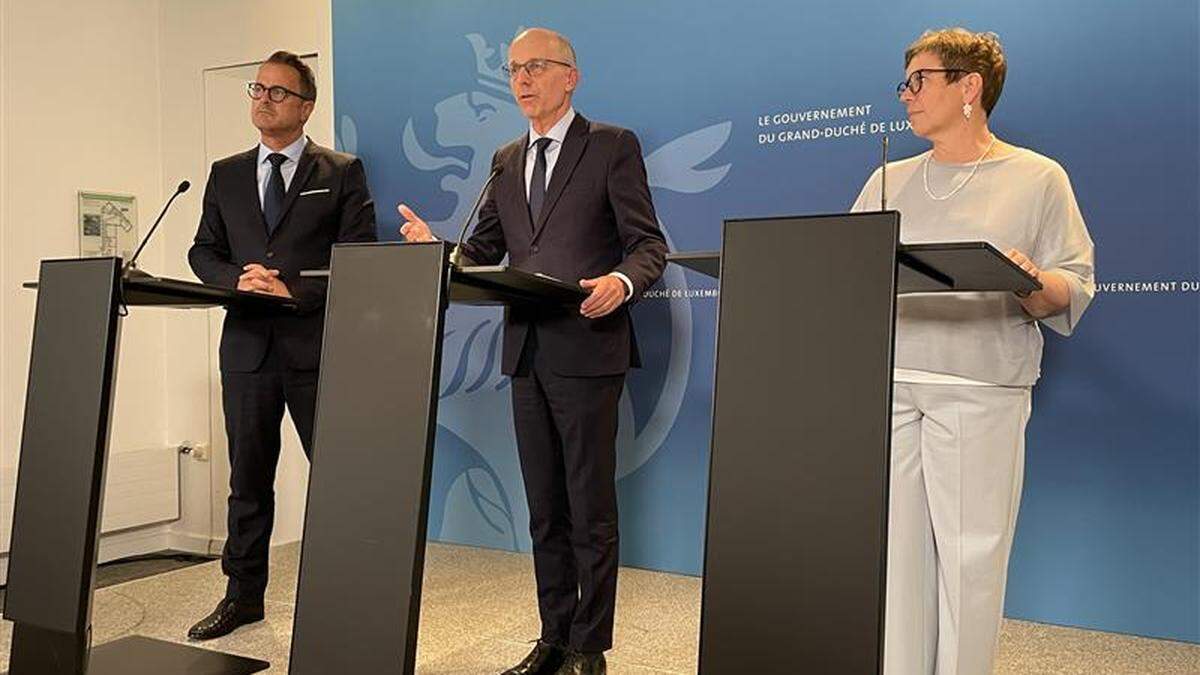Following Wednesday’s long-anticipated second meeting between representatives of the government and social partners, the first agreements regarding a hotly debated reform of the pension system have been reached.
The government has agreed to keep the legal retirement age unchanged at 65. However, starting in 2026, measures will be taken to align the effective and legal retirement ages, whereby “the conditions for early retirement at age 60 will be gradually adjusted to extend the required contribution periods by a total of eight months” – one month per year in 2026 and 2027 and two months per year from 2028 to 2030, while maintaining early retirement options from age 57.
Also from 2026, the contribution rate for pensions levied on salaries will also rise from 24% to 25.5%.
Among other points agreed, year-end allowances for social protection will continue, complementary periods (such as study or sabbaticals) will count towards a person’s pensionable career, tax deductions for private pension contributions will go up, and people who choose to work longer despite being eligible for early retirement will receive a special tax rebate. Progressive retirement models used in the public sector will be extended to the private sector as well.
The pension system will be reviewed again in 2030.
The government, in a press release, shared a list of its conclusions, reaffirming what it calls its “strong commitment to the traditional Luxembourgish social model”.
At a press conference after the meeting, Prime Minister Luc Frieden hailed a “great step forward” while his deputy, Xavier Bettel, called it “an evolution not a revolution”.
OGBL union president Nora Back was less enthusiastic, saying negotiations have failed to live up to what 25,000 protesters took to the streets to demand back in June.
UEL President Michel Reckinger said the discussions had been worthwhile. “We wanted a comprehensive package. That was probably too ambitious,” he said.
Collective bargaining agreements
In a victory for the unions, the government has firmly dropped plans to allow collective agreements to be signed without direct union involvement and that it will not seek to change the fundamentals of the nation’s existing Labour Code. The Permanent Committee on Labour and Employment (CPTE) will be tasked with oversight of negotiations between social partners in the area of collective agreements and other labour contracts.
The CPTE is also charged with investigating how working time agreements can be improved under law, the government said.
Late night and Sunday shopping
On the contentious issue of Sunday work in the retail sector, the government has succeeded in driving through its agenda increasing the maximum legal working day from four hours to eight – as long as it is agreed to in a collective agreement or interprofessional agreement for companies with over 30 full-time equivalent employees.
The partners agreed that the government can amend its bill on retail opening times to allow opening from 05:00 to 21:00, Monday to Friday – and as late as 01:00 with explicit collective or interprofessional agreement. At weekends, the closing time would be no later than 19:00, or 01:00 with agreement.
Crucially, outlets selling essential goods could be granted a full derogation – potentially opening the way for 24/7 convenience stores to operate in the Grand Duchy for the first time.
Also read:Government, unions, employers return to the negotiating table this week

